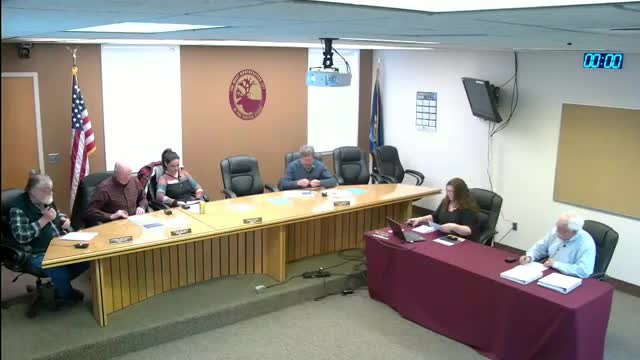Article not found
This article is no longer available. But don't worry—we've gathered other articles that discuss the same topic.
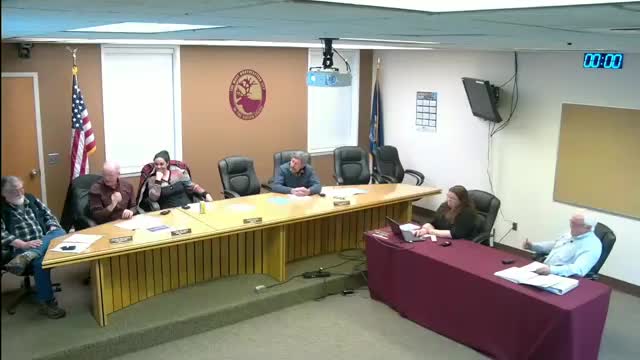
Caribou Planning Board adjourns May 8 meeting
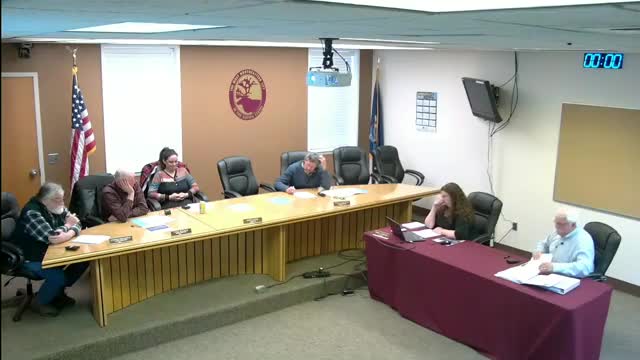
Planning board hears calls for a farmers market and local agricultural promotion
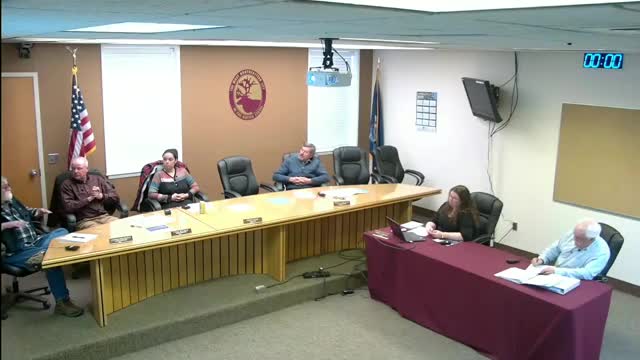
Planning board discusses incentives to redevelop vacant properties and registration of short‑term rentals
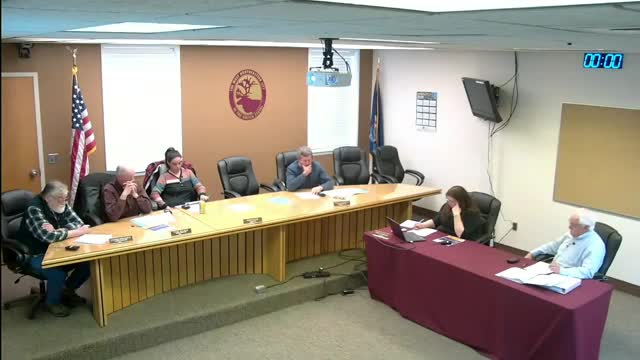
Caribou planning board to develop solar‑siting guidance; members favor buffers and screening
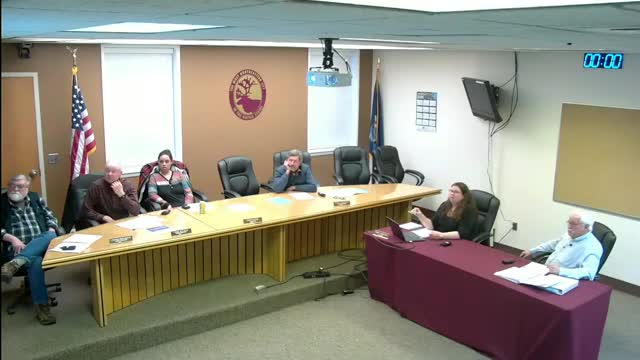
Cleanup delays at former steam/diesel plants stall redevelopment work; city seeks demolition and Brownfields grants

Caribou explores sewer extension to snow dump; ARPA funds available but engineers warn costs rose
